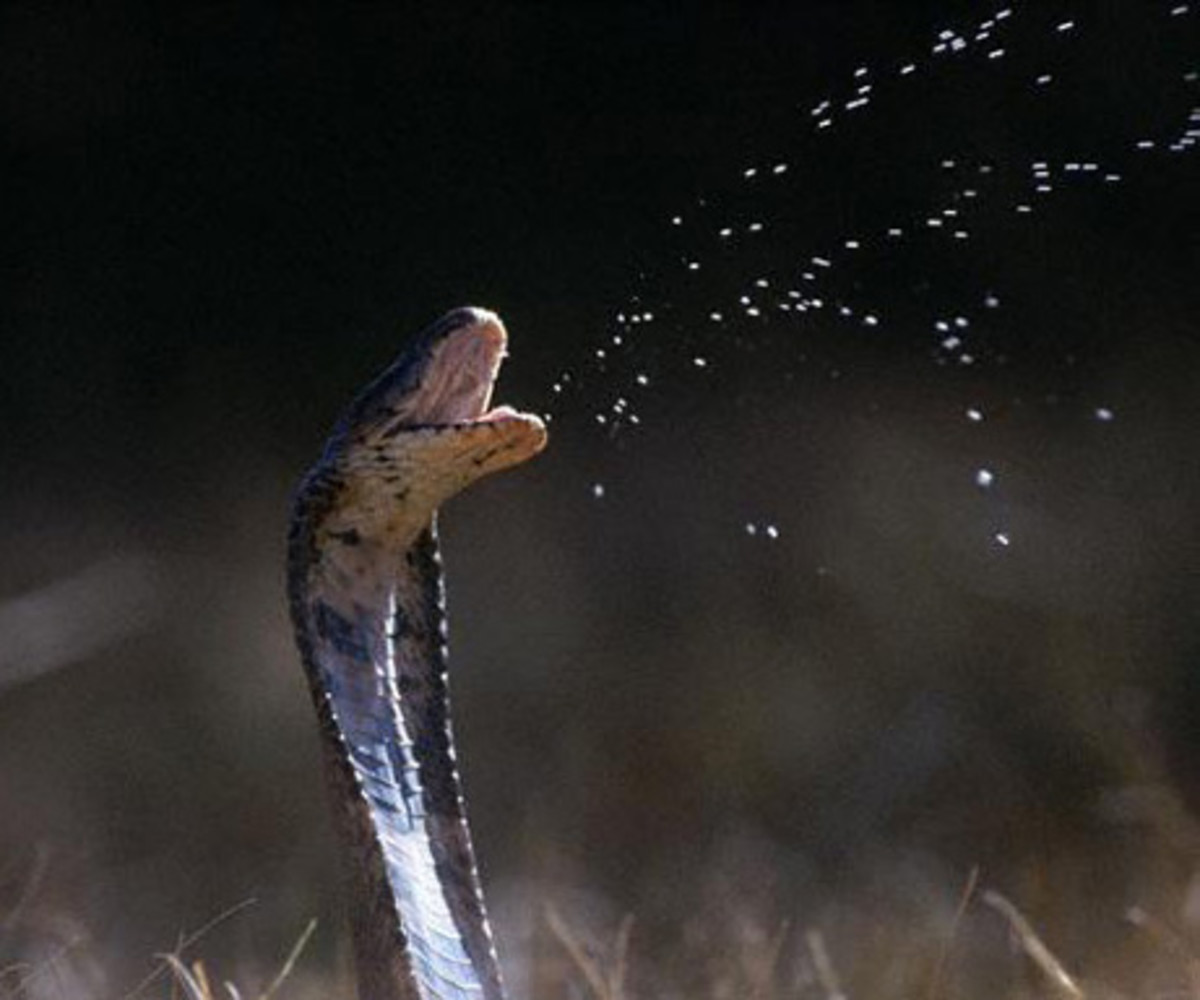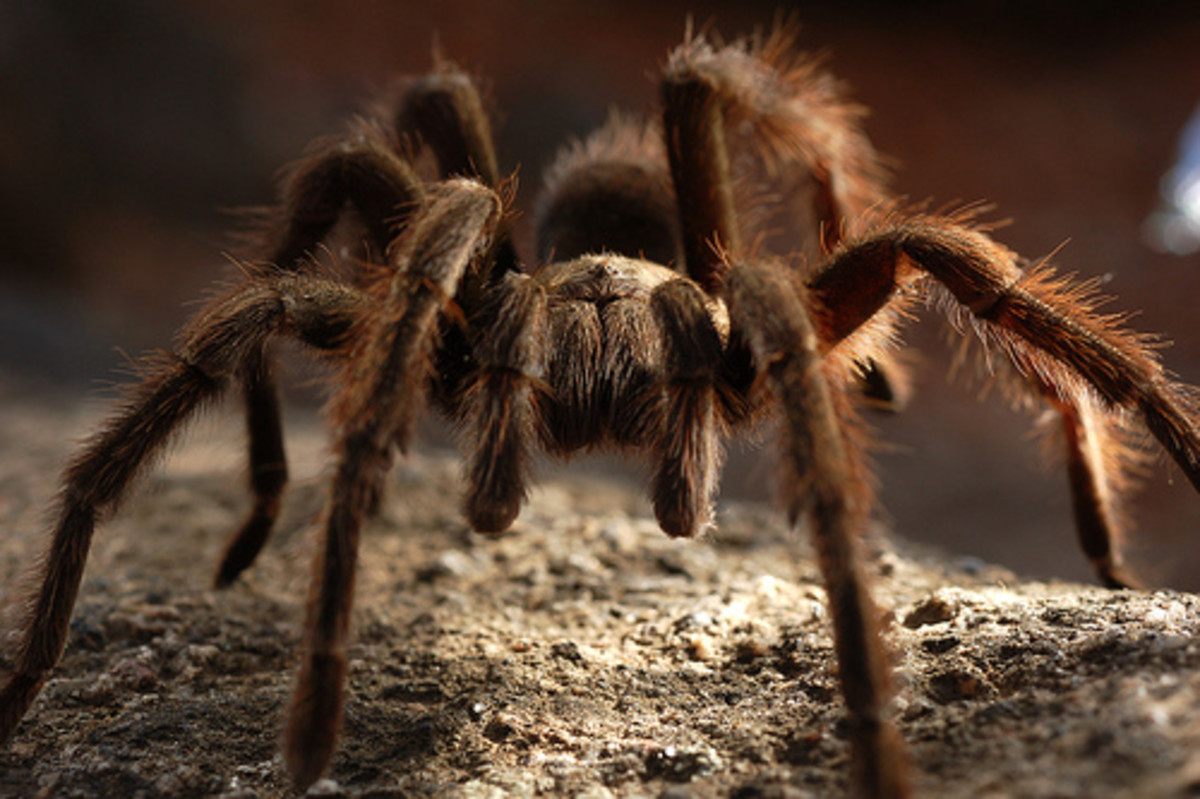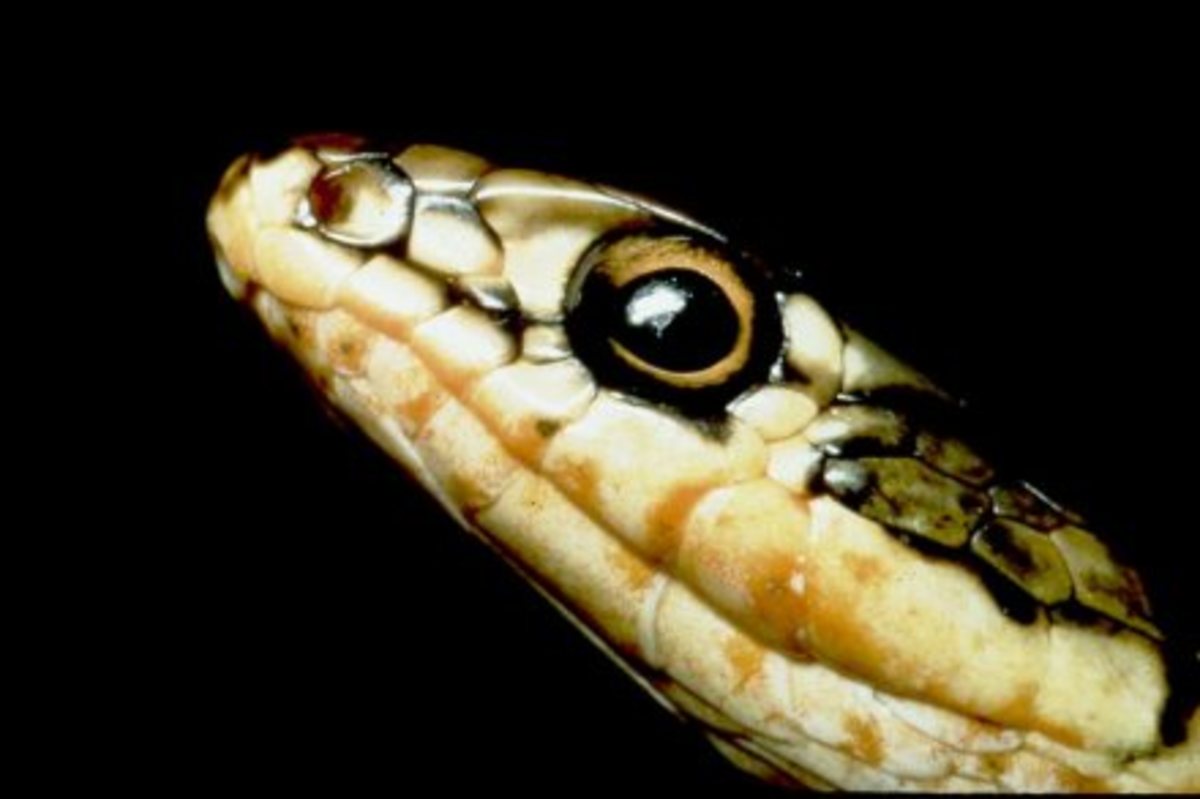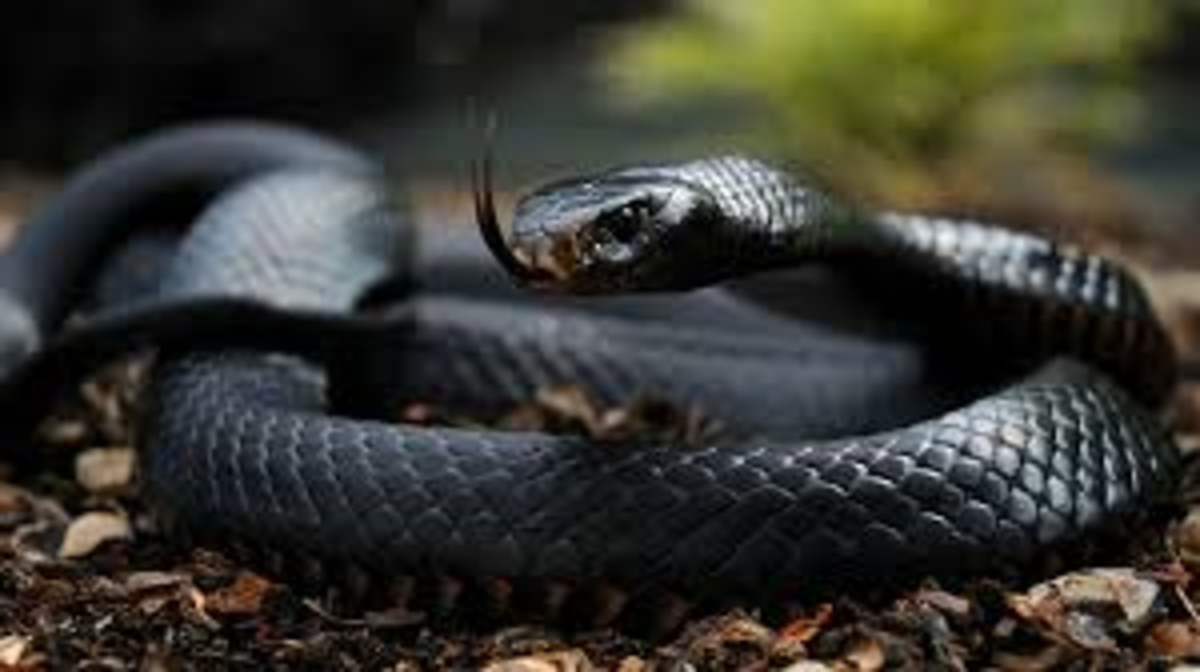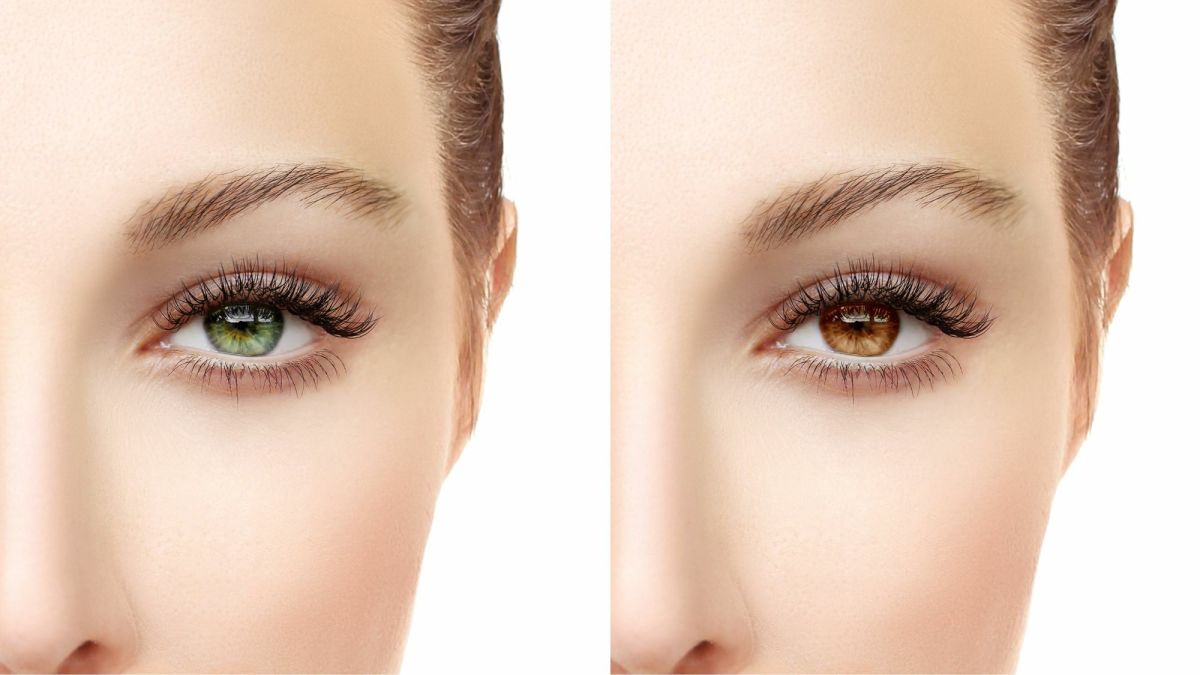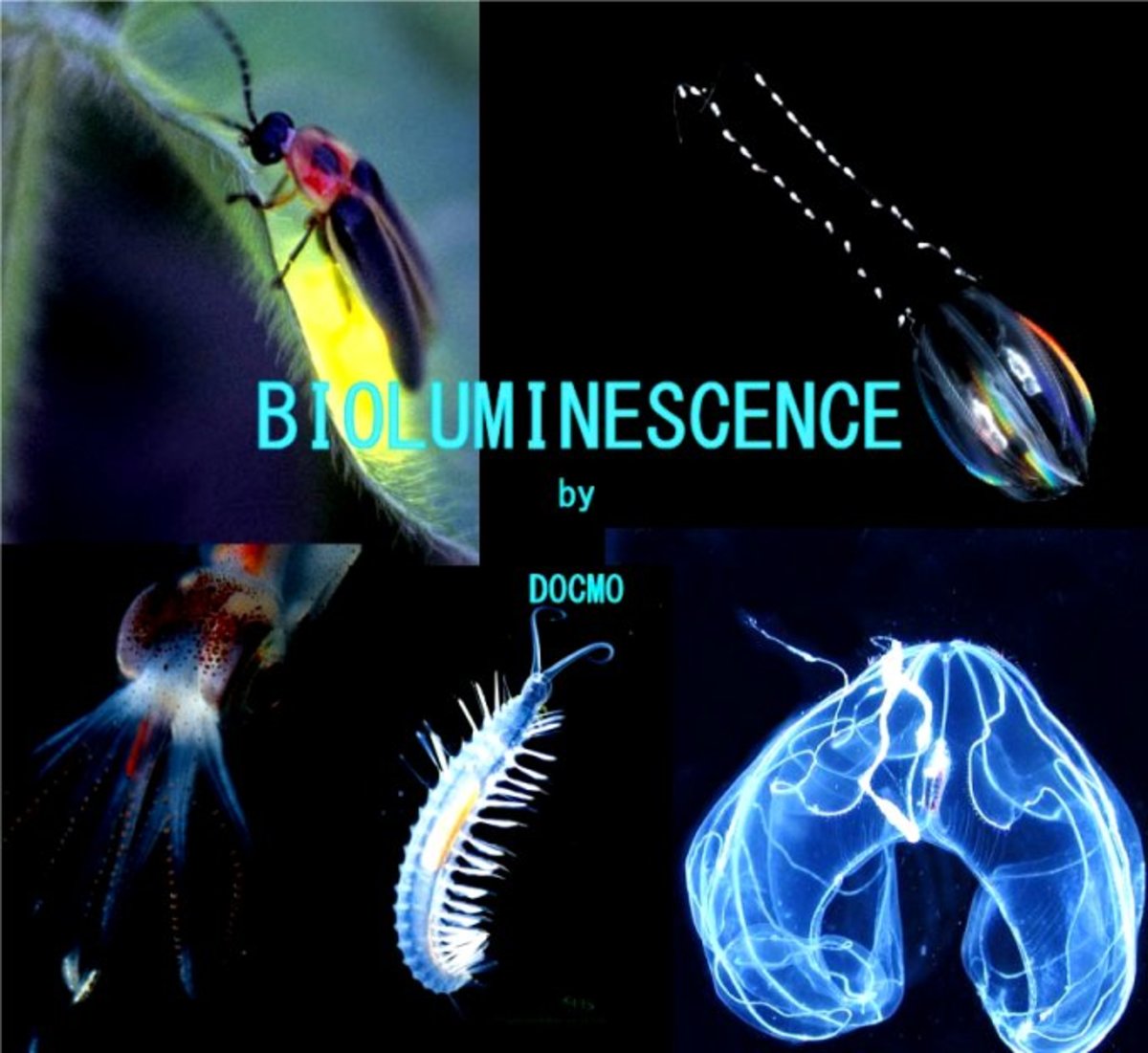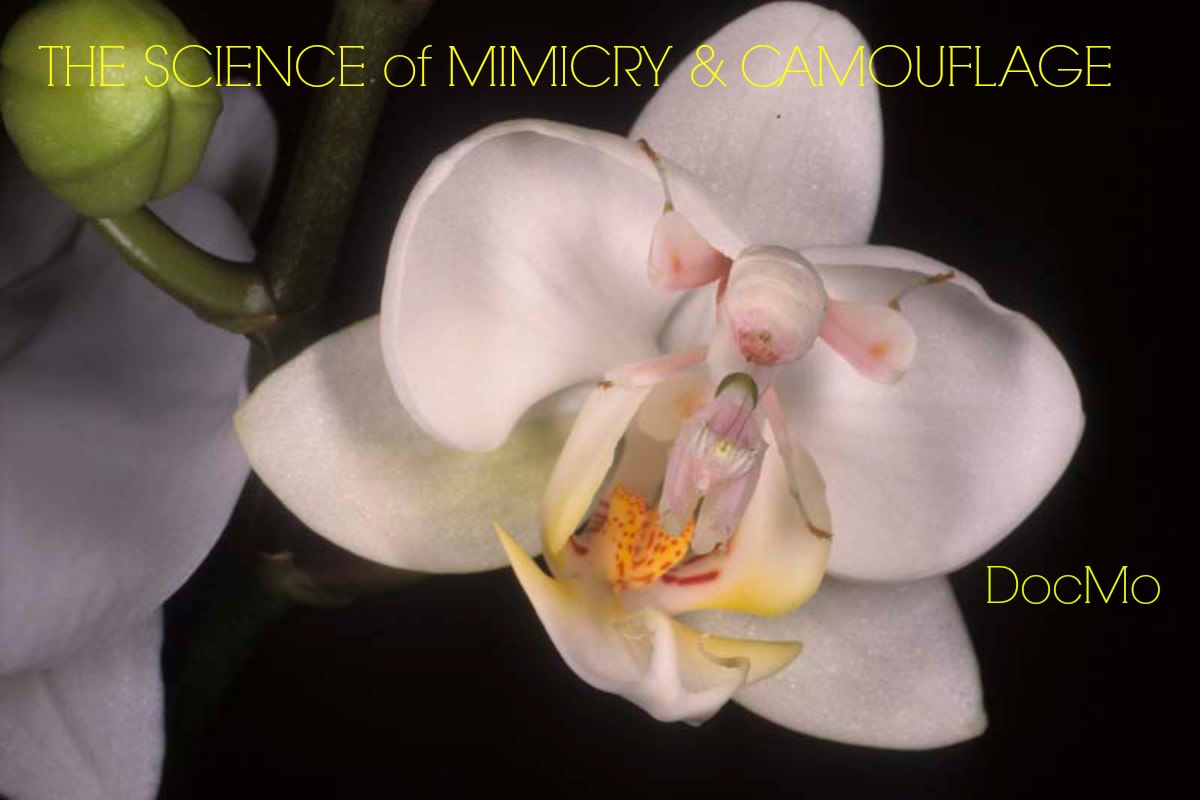Difference between Venom, Toxins and Poison
Before going to actual topic I would like to talk about the status of venomous snakes in India (as I belong to this place). India is long known for its snakes and mystic stories associated with it. India was considered "Land of snake charmers" as people visiting India saw this unique tradition of making snakes dance by playing flute-like instrument known as been or pungi. Although Indian govt. has banned this practice, we still see them playing been in rural areas to earn their livelihood.

India's "Big four" venomous snakes
Although India, being a land of snake charmers, harbors many snake species, there are four major venomous snakes which can be found almost everywhere in the country. They are popularly known as "The Big four" which includes Saw-scaled viper, Indian cobra, Common krait and Russell's viper. These four snakes result in more than 90% of snake bites cases and can be fatal if left untreated.
In my opinion, the popularity of snakes, be it positive or negative is because on its venom (and not poison).
In this hub, I will talk about most common misconception people have about the snake venom.
- What is the difference between venom, poison and toxin?
- Do snakes have venom, poison or toxin?
- What if we drink snake venom?
The difference between Venom, Poison and Toxins
In the first place, why do we all get confused between Venom, poison and toxins? All these terms refer to something that is harmful. But if you don't have information on where and how a compound is acting, it's when you might use the wrong terminology.
Venom
Dictionary.com defines venom as "the poisonous fluid that some animals, as certain snakes and spiders, secrete and introduce into the bodies of their victims by biting, stinging, etc"
In the definition, it says a fluid that has to be introduced into the body of the victim. So for the venom to work, it has to go into victim's blood stream to cause its effect. Snakes and scorpions are the best examples of animals producing venom since they have a specialized structure (be it fangs or a sting) to inject venom into the bloodstream of its prey.
Poison
Any substance that can produce its harmful effect when absorbed, ingested or even inhaled is termed as poison. Some animals like Poison dart frog secretes poison out of their skin which could be highly toxic to their predators upon ingesting them.
So the basic difference between the poison and venom lies in their delivery system.
Toxins
Venom and Poison may not be a single substance or a compound. They are usually cocktails of proteins, peptides or any other organic/inorganic molecule that either work together or have a separate target altogether to produce its effect.
When a single substance either a protein, peptide or a lipid has potential to harm an organism, it is termed as a toxin. They have a very specific target in the host body and change its normal physiology. For example, some bacteria produce enterotoxin, i.e, a single protein complex which targets our intestinal protein and causes food poisoning.
Snake venom is made up of different toxins that can either act independently or synergistically with other toxins to generate a lethal effect on the host body. For eg., Krait bites cause limb paralysis due to a neurotoxic protein, known as Bungarotoxin that specifically targets neuromuscular junction.
Do snakes have venom, poison or toxins?
Now since we are clear with all the terms, we can say that almost all the snakes have venom which they use either for neutralizing their prey or for its defense.
Few snakes like Spitting cobras have gone one step ahead. When they sense danger, they squeeze their venom glands, which pushes venom out of the fangs at very high speed. They aim for the eyes, and studies have reported that they hit the target 8 out of 10 times- and that's quite impressive!
So bottom line is snakes are venomous not poisonous.
See how spitting cobra takes on lion
What would happen if you drink snake venom?
In one word I can say 'Nothing'. But there's a catch to it. Nothing will happen when you drink venom provided that you don't have cuts in your mouth. As I mentioned earlier, for the venom to work, it has to go into your bloodstream. Your digestive track has thick mucus lining that can protect you from it. Once venom goes into the stomach, the acidic environment and trypsin would digest all the complex proteins in the venom and you will be safe.
Although it has not been scientifically tested, I am just putting a logic behind the whole process. I am not, in any way, recommending you to try that.
This will summarize what we have discussed so far in single image
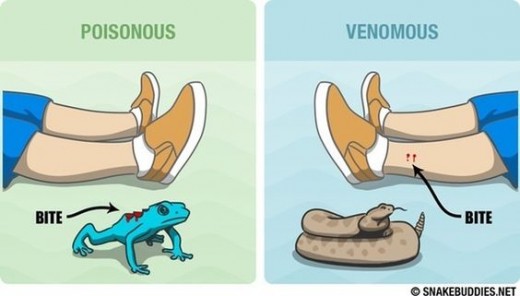
Quiz Time!
Which snake do you think has the most potent venom?
If you have any question about snakes, do write in comments below. Thanks for reading.


